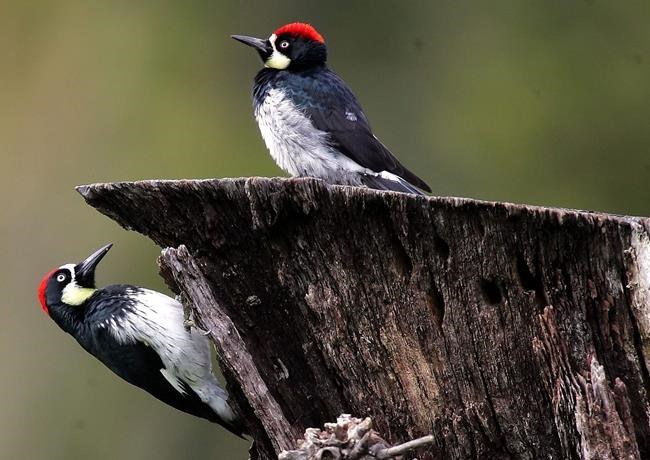This past week we have seen young people (and their parents, grandparents and other supportive adults) taking to the streets worldwide to protest against government and societal inaction on climate change. They are angry, and they have every right to be. As UN Secretary General Antonio Guterres said at the Youth Climate Summit: “My generation until now has failed to preserve the planet.”
For many, climate change is or should be one of the most important issues in the federal election. After all, we are hearing increasingly desperate calls to action from the scientists monitoring climate change. They see change happening more dramatically and more rapidly than they expected.
But it is not just climate change that we should be worried about; other major global changes are underway at the same time, changes that are as serious as climate change, if not more so. These include depletion of vital resources such as forests, fisheries, fresh water, topsoil and farmlands; widespread pollution, including food chain contamination; declines in the populations of many species and an increased rate of extinctions.
Moreover, these global changes are not distinct from each other, but interact in ways that almost always make things worse. For example, climate change warms the oceans, harming coral reefs that are key ocean nurseries, while CO2 emissions acidify the oceans, which harms reproduction and growth among molluscs and other species. On top of this, overfishing and habitat changes such as we see around southwest sa���ʴ�ý and elsewhere are further depleting fish stocks.
Clearing the Amazon to create farmland hastens climate change, destroys habitat and reduces biodiversity, while intensive agriculture and widespread pesticide use further reduces biodiversity.
Furthermore, some of these pesticides and other persistent organic pollutants bio-accumulate in food chains and disrupt endocrine and immune systems and the brain; they may be contributing to reproductive failure and immune system dysfunction in many species.
The result of all this is that we are triggering a sixth ‘Great Extinction’ — the last one, 65 million years ago, saw the end of the dinosaurs.
But before we see actual extinctions, we see declines in populations, as a report last week in Science noted: “Extinction begins with loss in abundance of individuals that can result in compositional and functional changes of ecosystems.”
That same report noted “a net loss approaching three billion birds, or 29 per cent of 1970 abundance” among North American birds. We have seen massive declines in other species, including frogs, insects and fish. Globally, populations of large freshwater animals (fish, reptiles, amphibians and mammals that can reach 30 kilograms in weight) “declined by 88 per cent from 1970 and 2012,” a 2109 report noted, with losses of between 97 and 99 per cent in Europe, Asia, and northern Africa.
The Worldwide Fund for Nature (WWF)’s Living Planet Index, which monitors population counts for over 4,000 freshwater, marine and land vertebrates (mammals, birds, fish, reptiles and amphibians) declined 60 per cent from 1970 to 2014.
The overall picture was summed up by the Intergovernmental Science-Policy Platform on Biodiversity and Ecosystem Service this year: “The average abundance of native species in most major land-based habitats has fallen by at least 20 per cent, mostly since 1900. More than 40 per cent of amphibian species, almost 33 per cent of reef-forming corals and more than a third of all marine mammals are threatened.”
The main culprits, the IPBES reported, are changes in land and sea use; direct exploitation of organisms; climate change; pollution and invasive alien species. A 2019 study on declines in insect species identified much the same set of factors at play: Us, in other words.
We would do well to remember that we too are a species, and that although right now we are more a threatening species than a threatened species, that can change. As the WWF report notes, “biodiversity has been described as the ‘infrastructure’ that supports all life on earth. It is, simply, a prerequisite for our modern, prosperous human society to exist, and to continue to thrive.”
So yes, climate change should be an important issue in this election, but we need to raise our sights and make extinction an election issue ,too. Ask your candidates if they will declare both a climate and an extinction crisis NOW!



